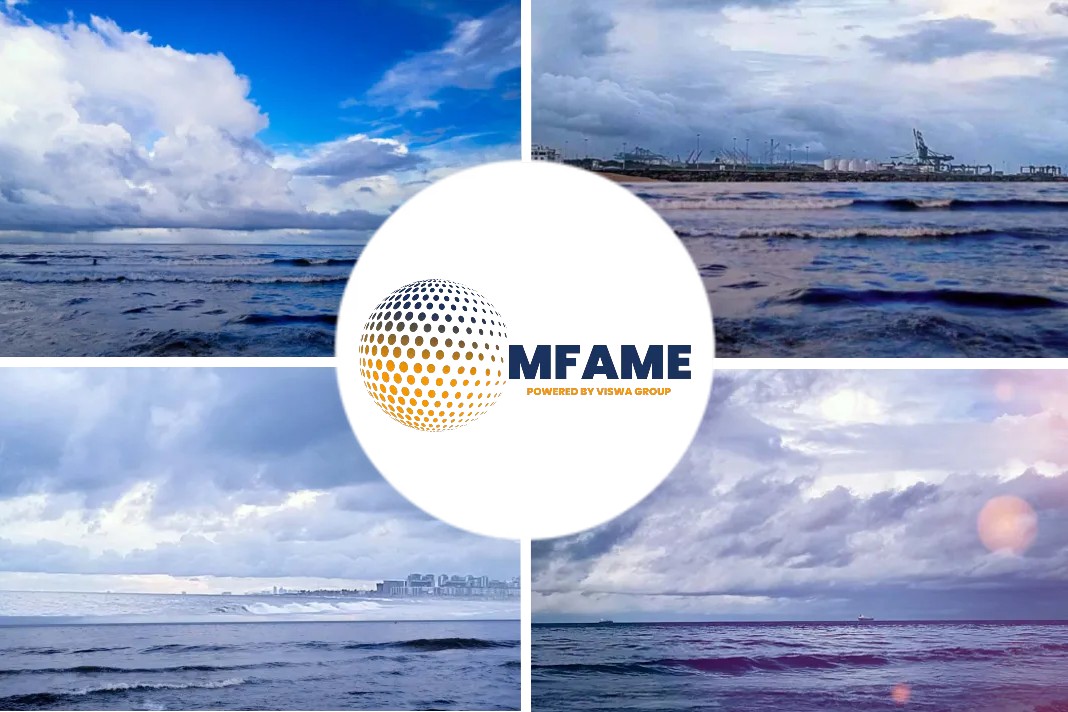The Republic’s maritime industry must remain focused on decarbonisation, digitalisation and nurturing talent to achieve these goals even as it handles immediate risks, said Transport Minister S. Iswaran on Monday, says an article published in Straits Times.
Testing the resilience
These include prospects of a global economic slowdown and geopolitical strains, which will test the resilience and adaptability of the port, shipping and logistics sectors, the minister said at the opening ceremony of the Singapore Maritime Week 2023 (SMW).
“While we manage these proximate challenges, we must not lose sight of our longer-term imperatives – to build a safer, more efficient and sustainable maritime sector,” he said at the event held at the Ritz-Carlton in Singapore.
Organised by the Maritime and Port Authority of Singapore (MPA) and in its 27th edition this year, the SMW is expected to bring together about 20,000 participants to about 50 events throughout the week.
Turbulent period
Mr Iswaran noted that the industry has gone through a turbulent period. Even as the world started to emerge from the Covid-19 pandemic, the conflict in Ukraine erupted, disrupting shipping and supply chains and affecting the lives of many seafarers, he said.
As a result, shipping freight rates soared to levels several times above the pre-pandemic average in early 2022.
Since then, however, demand has eased and freight rates have fallen by more than 80 per cent, returning to pre-pandemic levels. In January, Maersk and MSC, two of the world’s largest container shipping lines, announced they would discontinue in 2025 their 2M Alliance, a 10-year vessel-sharing agreement introduced in 2015 to ensure competitive and cost-efficient operations on key shipping routes.
Mr Iswaran said the cessation of the alliance may have far-reaching implications for the structure of the global shipping industry. “We in the maritime sector must grid ourselves for uncertainties in the near term.”
This comes as tighter monetary policies by central banks worldwide are dampening economic growth, with the International Monetary Fund projecting a fall in global growth from 3.4 per cent in 2022 to 2.8 per cent in 2023.
Major shift in trade
Meanwhile, geopolitical strains between the United States and China are also causing major shifts in trade and investment flows. This is raising the prospect of a potential breaking up of global supply chains, which will gravely test the maritime sector’s ability to adapt to a new operating environment.
However, the minister stressed: “As the most cost-efficient mode of transportation, shipping will continue to underpin, and grow with, global trade flows. We must leverage this to achieve our longer-term goals for the maritime industry.”
A key enabler of Singapore’s decarbonisation and digitalisation ambitions and efforts is talent, he said.
“Therefore, for the first time, a youth track has been introduced at SMW 2023 through the Maritime Manpower Forum’s panel dialogue, and the Youth@SMW platform for a focus-group discussion among youth on the future of maritime.”
















